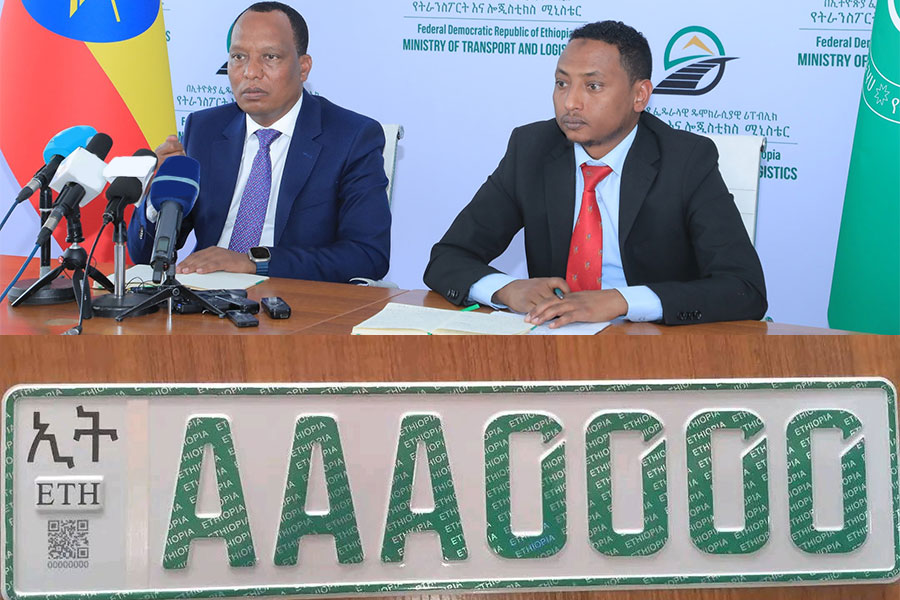
In the runup to the sixth national elections, the voting date has seen its fair share of controversies. From the year-long debacle in multiple postponements to the incapability to conduct polls in all the constituencies and from the jailing of prominent leaders of opposition parties to the incarcerations of candidates from contending parties and the exclusion of an entire regional state, electioneering has been fraught with turmoil.
The fairness, freeness, and credibility of the elections have been a contested subject amongst political pundits.
But voting is set to take place tomorrow, June 21, 2021.
The imprisonment of opposition party candidates has been a source of misgivings, with experts and political parties characterising the elections as "below basic standards."
Five of the parties contesting in this elections declared last week the upcoming election is "robbed of fairness, legitimacy, democracy and peace." Their leaders claim irregularities in the pre-election process, such as during voters' registration and what they say was "obstruction" by cadres of the incumbent party during the campaign.
The country has never had a legitimate election, according to a joint statement leaders of Balderas, National Movement of Amhara, Enat, Hibir Ethiopia, and All Ethiopian Unity Party, issued two weeks ago.
"Upon the promises made by the ruling party, we were hopeful it would be so," they said.
According to the Coalition of Ethiopian Civil Society Organisations for Election (CECOE), which has conducted assessments on voters' registration in more than 1,100 of the over 45,000 polling stations, there were indeed irregularities. Most polling stations were equipped with necessary materials, the Coalition discovered. However, close to 60 stations were opened in areas they were not supposed to be, and 61pc were not provided with the required security personnel.
The National Electoral Board of Ethiopia (NEBE) began its pre-election activities by opening polling stations and setting up constituencies. Although nothing has changed from the previous elections in terms of zoning constituencies, their structure has been a point of contention. In the Bita Gesha and Masha constituencies of the Southern Regional State, there is an ongoing court case where the Mocha Democratic Party is pleading for the structure of the polling stations to be adjusted.
Two stations incorporated in Sheka Zone were designed to enable vote-stealing for the past elections, and the sites are cumbersome for transportation, among other issues, reads a court submission from the party. The battle in a court of law is pending, and polling is on hold until September 6, 2021, together with 16 other constituencies in the regional state. Across the country, no less than 102 parliamentary constituencies, including voters in Tigray Regional State, will not see the electorate cast their votes.
For Soliana Shimelis, a communications advisor at the electoral board, the challenge brought to a court of law should rather be seen as a positive development. It can create a precedent for others who may have complaints about future elections.
The recruitment of poll workers has become the subject of disquiet among the contending parties. Leaders demand that they have no affiliation to any political party and no record of participation in previous elections. The board has enlisted 152,000 for voters' registration and 240,000 to be deployed on polling date, almost all new graduates from colleges.
Eyasped Tesfaye, a political analyst, believes the many irregularities seen during voters' registration such as the 76 polling stations opened without the knowledge of the Board and unreported incidents of voters forced to take registration cards as evidence of the damage done to the credibility of the elections.
But an election is not a singular event separated from other government and political activities, Soliana believes. The Board has maintained its credibility amidst all, according to her.
"We've fallen short from time to time on logistics, capacity and administration," said Soliana. "But we've never been short on credibility."
Sahleselassie Abebe has been an election observer for the past 20 years. He has monitored the previous elections up and close. There have been a few cases where force was exerted in the registrations of both voters and candidates in this election cycle. However, he has noticed grievances where political parties were prevented from campaigning as freely as they would want.
"In general, though, this has been much better than elections in the past," he told Fortune.
Over 38 million voters are registered to go to the polls tomorrow, a number slightly higher than the 36.85 million registered in the last national elections. The number of candidates has doubled to 9,327, vying for 1,800 regional councils and 445 parliamentary seats. The number of political parties contesting in this elections is down by two from the 48 participating in 2015. The incumbent Prosperity Party (PP) and its main challenger, EZEMA, have the largest number of candidates to claim a prospect for meaningful gains.
Yet, many see Addis Abeba being an electoral battleground. Having 23 parliamentary seats, Prosperity Party has fielded 22 candidates. Its challengers—EZEMA, Enat, Balderas, Hibir Ethiopia Democracy Party, Freedom and Equality—have 23 candidates each.
The political party or a coalition that will gain more than 274 seats in parliament will have enough to form a government to rule for the next five years.
The electoral contestation is an expensive national enterprise, the National Electoral Board operates with a budget of 3.7 billion Br parliament approved and two-thirds of the budget has already been disbursed. The Board has received 40 million dollars (1.7 billion Br in the current exchange rate) from international donors. Taking up the biggest slice of the Board's budget, a total of 1.4 billion Br, was payments made for over 200,000 poll workers who took part in registration and polling work. Around 16.8 million dollars has gone towards the preparation of voter registration and polling materials, the printing of ballots, which took place in South Africa and the United Arab Emirates, cost 6.7 million dollars.
Political parties contending power in the elections have shared 98 million Br, the largest amount (23.1 million Br) given to the Prosperity Party that has fielded the largest number of candidates, 2,799, followed by Ethiopian Citizens for Social Justice (EZEMA) at 1,540. The latter was given 11.1 million Br. Electoral board officials followed a formula considering the number of candidates a party fielded, and the ratio of female and physically challenged candidates.
It was a complete shift from the 2015 elections when the Electoral Board, led by Merga Bekana (Prof.), disbursed 30 million Br. The incumbent then, the EPRDF, had received 14.8 million Br for fielding 1,851 candidates. It was a far cry for leaders of its main challenger, Medrek, which took just two million Birr.
For the first time, independent candidates have received financial support, each with 50,000 Br checks, totalling 7.4 million Br.
Despite the generous financial support from taxpayers money, the political sphere remains narrowed for diverse participation, says Eyasped. He sees most parties contesting the elections sharing similar close ideological convictions promoted by the incumbent.
PUBLISHED ON
Jun 19,2021 [ VOL
22 , NO
1103]

Fortune News | Sep 04,2021

Radar | Jul 11,2021

Radar | May 14,2022

Sunday with Eden | Sep 13,2025
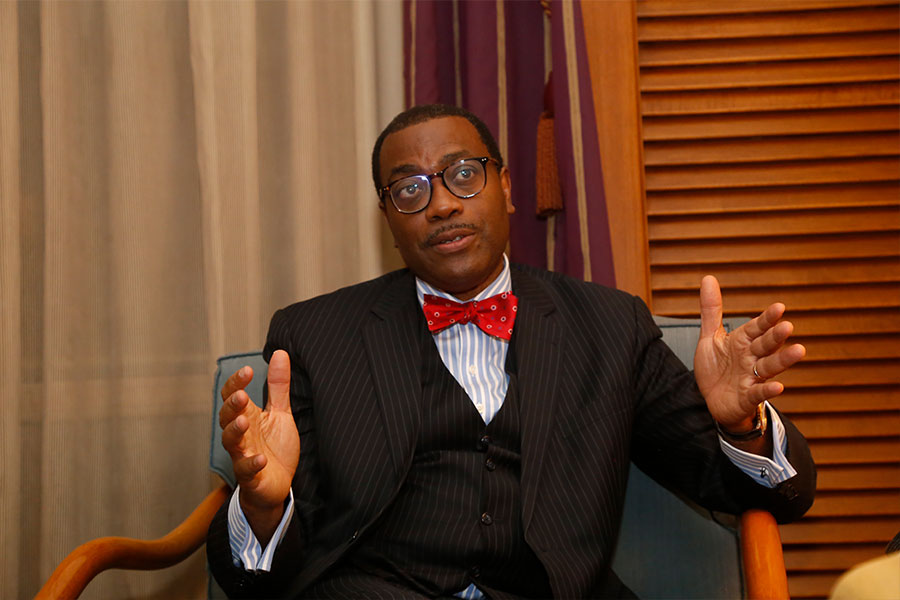
Exclusive Interviews | Feb 12,2022
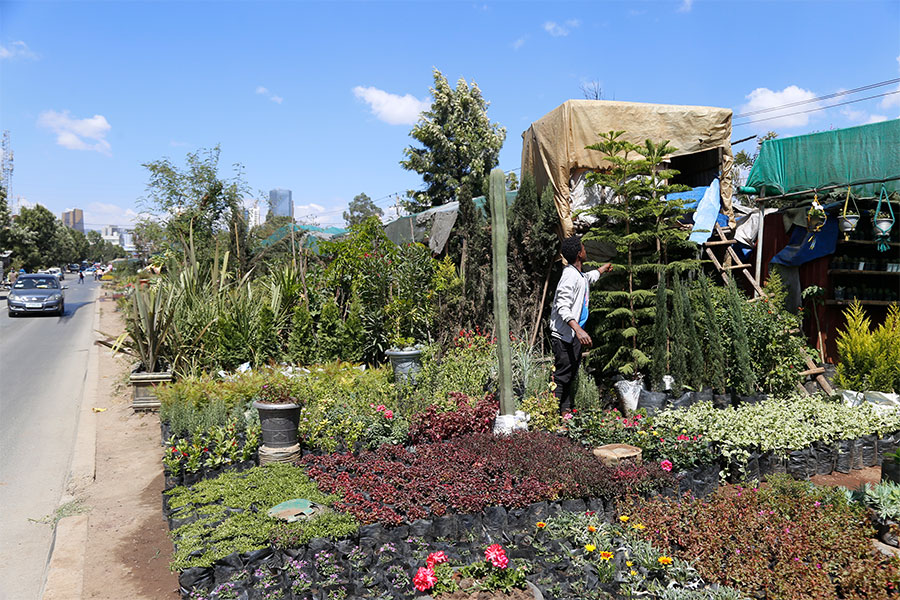
Featured | Jan 03,2021

Fortune News | Feb 19,2022
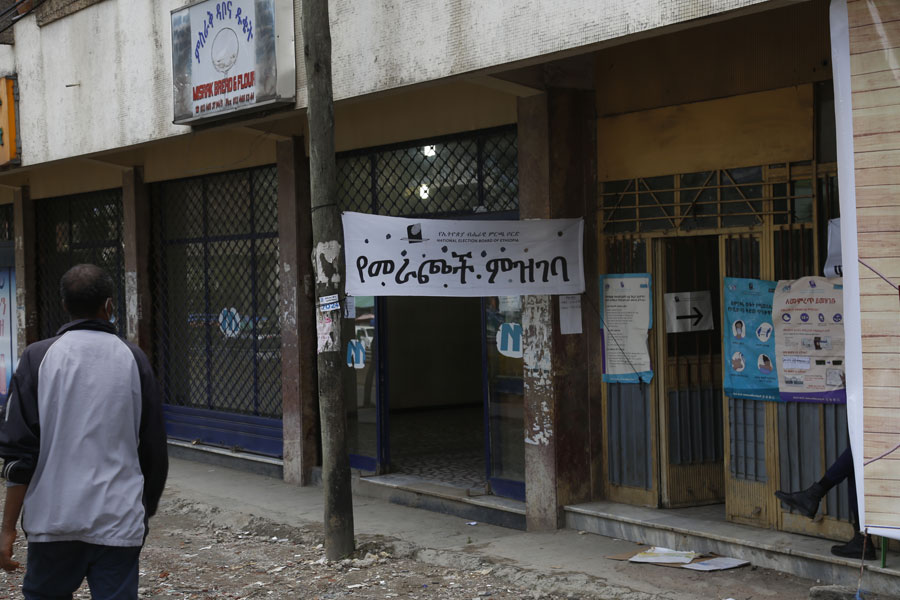
Agenda | May 08,2021

Radar | Jul 31,2021
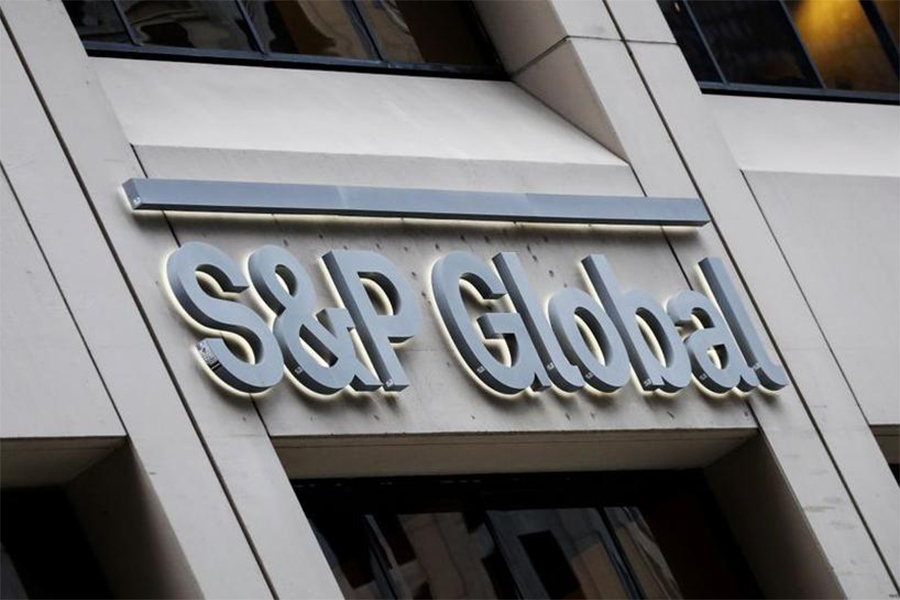
Fortune News | Sep 26,2021

Dec 22 , 2024 . By TIZITA SHEWAFERAW
Charged with transforming colossal state-owned enterprises into modern and competitiv...

Aug 18 , 2024 . By AKSAH ITALO
Although predictable Yonas Zerihun's job in the ride-hailing service is not immune to...

Jul 28 , 2024 . By TIZITA SHEWAFERAW
Unhabitual, perhaps too many, Samuel Gebreyohannes, 38, used to occasionally enjoy a couple of beers at breakfast. However, he recently swit...

Jul 13 , 2024 . By AKSAH ITALO
Investors who rely on tractors, trucks, and field vehicles for commuting, transporting commodities, and f...

Oct 4 , 2025
Eyob Tekalegn (PhD) had been in the Governor's chair for only weeks when, on Septembe...

Sep 27 , 2025
Four years into an experiment with “shock therapy” in education, the national moo...

Sep 20 , 2025
Getachew Reda's return to the national stage was always going to stir attention. Once...

Sep 13 , 2025
At its launch in Nairobi two years ago, the Africa Climate Summit was billed as the f...